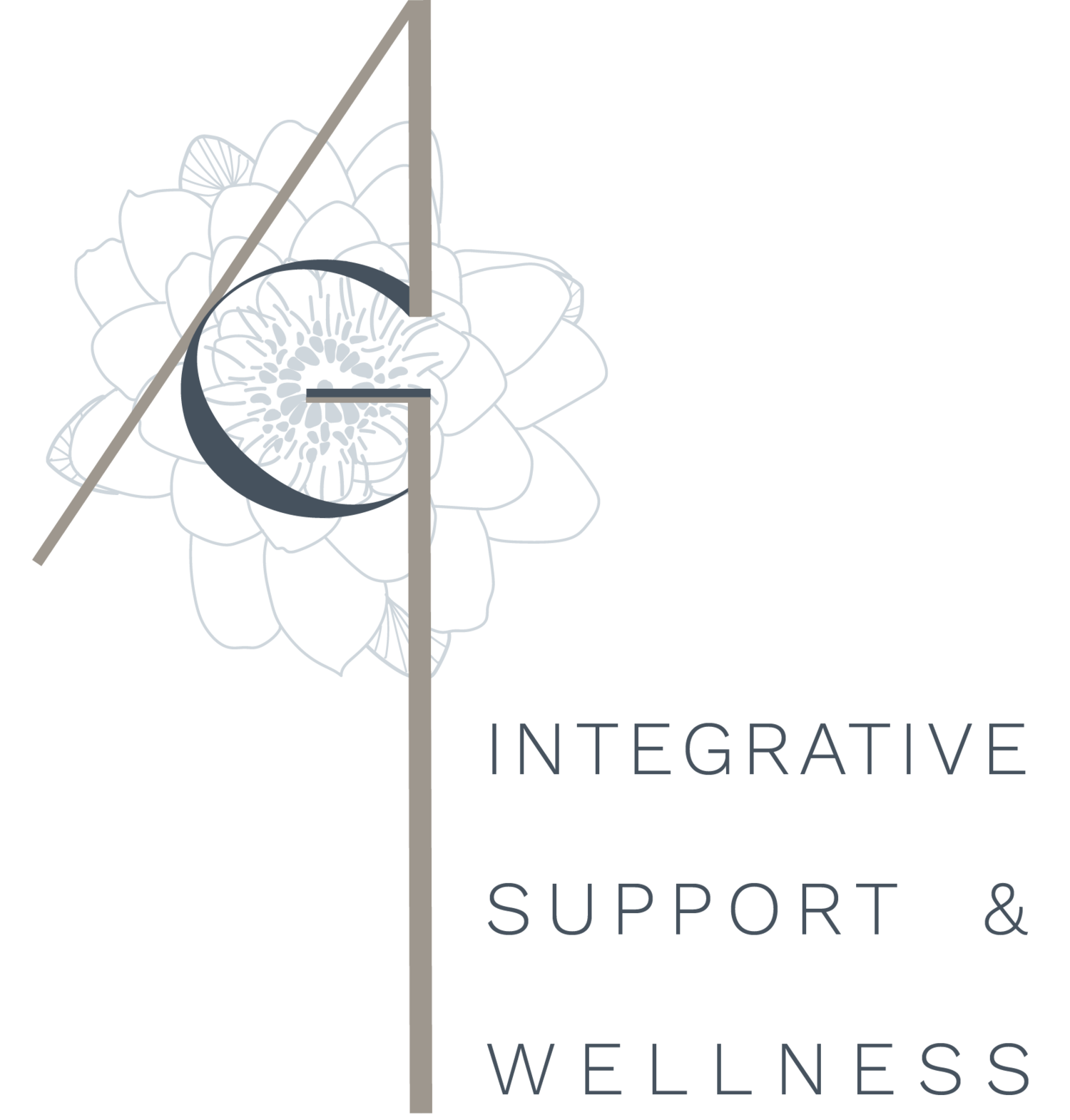Empowering Future Helpers
Hope this message finds you well.
I wanted to take some time to share with you what we’ve been up to lately. It’s been a very busy fall and one that I feel has been filled with very meaningful experiences. Our practice is growing with two more Social Workers added to the team which is so exciting! We had enlightening meetings with our local politicians, and I presented at the London Region FASD Conference, the CanFASD Conference in Saskatoon, and recently at the Children’s Mental Health Ontario Conference in Toronto, ON. The CMHO Conference was amazing but validated the need for more understanding of the impact of and prevalence rates of FASD. In my two days there, with over 600 attendees, FASD was mentioned once in the keynote presentation that focused on infant mental health promotion. I was so pleased to hear that but disheartened to see so many of our genuine efforts to comprehensively address child protection issues, and complicated mental health conditions fall short due to the lack of knowledge about the role of prenatal exposures and FASD.
I attended a meeting this week to advocate for a person who is justice involved, and the Social Worker there was tripped up by the acronym FASD, which clearly indicated a lack of understanding. Given that FASD is overrepresented in our justice system, this seems like a missed opportunity. I had another family drive to see me for assessment from 1.5 hours away, and another from 5+ hours away because so far, their concerns about prenatal exposures, development, and mental health have been dismissed and misunderstood by our system. So… it becomes clearer and clearer to me every day that we can do better when we know better.
Focusing on opportunities… I need to share that I also have had the privilege of contributing to the education and training experiences of the next generation of frontline Child and Youth Care Workers as well in three separate schools.
It was heartening to see the students engage with my book, "A Complicated and Beautiful Brain", flipping through its pages and following along during our discussions.
Here's what one student had to say…
Hi Angela,
My name is Daniel and I was present for your lecture on FASD and PAE that took place on November 29th at Fanshawe College for the CYC Program. I just wanted to reach out and thank you again for your presentation and book, both were incredibly informative and insightful.
I also wanted to say that your book especially has truly shaped my knowledge and approach. I read it while working at a summer camp and realized that many of the behavioral differences I was seeing, such as having to reteach the same boundary rules over and over again, could be linked to undiagnosed FASD. That knowledge completely revolutionized my approach and allowed me to truly provide better and more understanding care for those kids. I started working with more compassion and understanding and while I didn't always see a huge change in behavior, I saw a difference in the moods and emotions of the children. Their days were overall better, and they were happier.
I was also able to recognize a likely case of FASD in a family member who had PAE and other substance exposure. Because he doesn't have facial features, it was never really considered and was brushed aside that his PAE must not have had an impact. Instead, his dysmaturity and general life difficulties were attributed to ASD and various learning disabilities. Because I was able to offer information and resources, FASD is now being considered.
I just wanted to thank you for all the information and resources. It was truly informative and super helpful as I prepare for a field placement.
Thanks again,
Daniel Zahrt (he/him)
My heart… “their days were better, and they were happier.”
I share this with you and ask that if you know of someone who may benefit in this same way from the education and experience I provide in my book and presentations, please feel free to share!
Sharing the wisdom of Maya Angelou once again, When we know better… we can do better… With the right information and support, FASD can be prevented.
Thank you for reading. If you would like to reach out and connect, please feel free to contact me.
Sincerely,
Angela and our little but passionate team!

